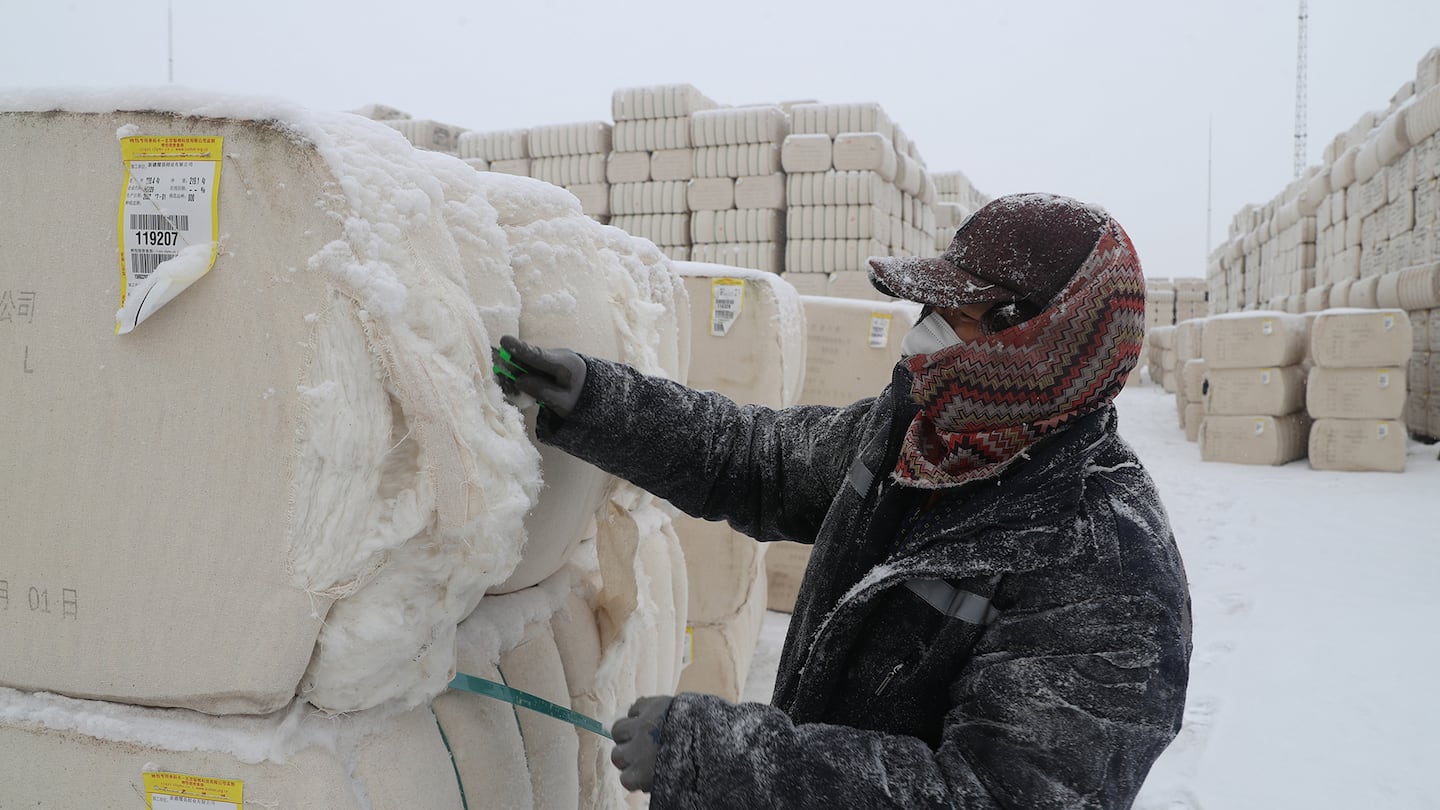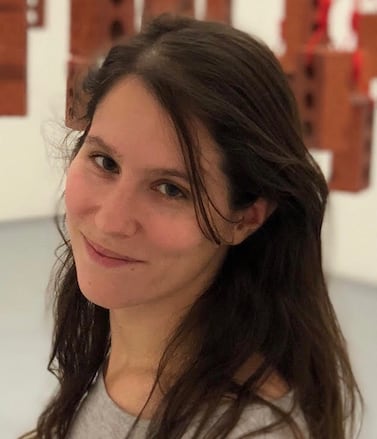
The Business of Fashion
Agenda-setting intelligence, analysis and advice for the global fashion community.

Agenda-setting intelligence, analysis and advice for the global fashion community.

Two years ago, Chanel president Bruno Pavlovsky told BoF traceability was the company’s “top priority.” Around the same time, the luxury giant started working with Oritain, a New Zealand-based business that has carved a leading position in the space by using forensic analysis to track materials and commodities back to their origin.
On Wednesday, the company raised $57 million in a series C funding round that saw Chanel nearly double a previous quiet investment alongside others including lead investor Highland Europe.
The substantial sum reflects the company’s strong position in an increasingly challenging market.
Though capital has become more discerning, Oritain counts among a cohort of companies neatly positioned to benefit from a tailwind of incoming regulation that is putting brands under growing pressure to prove the cotton in their T-shirts hasn’t come from regions linked to forced labour and the leather in their handbags isn’t associated with deforestation.
ADVERTISEMENT
“Regulation is really driving growth for some of these businesses in a way that’s really dramatic as opposed to steady growth,” said Highland Capital principal Jacob Bernstein. “We are underwriting that Oritain becomes worth billions in the next few years.”
The topic of traceability is already top of the agenda for many fashion companies because of US moves to ban cotton from China’s Xinjiang region, which the American government says is linked to forced labour (an allegation consistently denied by the Chinese government). But new regulations in Europe focused on preventing deforestation and other supply-chain abuses are leading to increased focus on leather and other materials.
It’s a tricky issue because most brands have little visibility over where the materials they use come from and limited capacity to untangle the convoluted route most commodities take before they make it into the products consumers buy off the shelves.
Oritain’s solution relies on forensic analysis to identify chemical fingerprints formed by the specific environment a fibre was grown in. Differences in factors like altitude, rainfall and the composition of soil will all affect the composition of the fingerprint, enabling Oritain to trace commodities like cotton, leather, coffee and cocoa back to where they originated.
The company’s clients include Chanel, fast-fashion giant Shein (which has used Oritain to back up claims that its cotton is not linked to Xinjiang) and the US government.
“The product is unreal,” said Bernstein. “That [level of traceability] is something heads of sustainability in fashion brands literally don’t think is possible until they see it.”
The company is planning to use its new funds to accelerate its growth and expand into new markets and industries. Areas of focus include leather, gemstones and precious metals — commodities with challenging supply chain issues for major brands.
To be sure, the technology is no silver bullet. It still needs to be accompanied by robust due diligence to ensure operations are being managed responsibly. The accuracy of the tests relies on access to detailed data about the specific conditions where commodities are sourced around the world. Oritain’s data library reaches back to the brand’s founding in 2008.
“We often joke we perfectly timed the last two years after perfectly mis-timing the previous 13,” said Oritain CEO Grant Cochrane. “In those years we were burning millions of dollars to build up data sets, so we have a head start.”
This week, US lawmakers ratcheted up pressure on some of the industry’s biggest names as the relationship with Beijing and Washington continues to deteriorate.
The idea of being able to trace the cotton in a garment to its geographic source with a simple test is seductive, and possible in theory. But making it a reality requires overcoming some big challenges.
Traceability systems powered by tracking software and Big Data will help brands reach far into their supply chains to understand the entire lifecycle of their products.

Sarah Kent is Chief Sustainability Correspondent at The Business of Fashion. She is based in London and drives BoF's coverage of critical environmental and labour issues.
Overconsumption and fast fashion have become easy targets for brands flexing their climate-friendly attributes. Consumers may agree with the message — but take issue with a self-righteous tone.
Traces of cotton from Xinjiang were found in nearly a fifth of samples from American and global retailers, highlighting the challenges of complying with a US law aimed at blocking imports that could be linked to forced labour in China.
The fashion industry continues to advance voluntary and unlikely solutions to its plastic problem. Only higher prices will flip the script, writes Kenneth P. Pucker.
The outerwear company is set to start selling wetsuits made in part by harvesting materials from old ones.